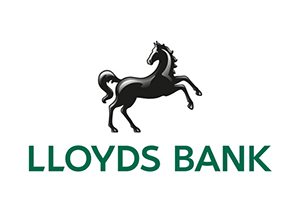The Lloyds Bank decision to grab £1 billion from the pension pots of 32,000 workers is an example of how to destroy trust in workplace pensions and shows that workers have little or no control over their retirement savings.
For the bank, the decision is a masterstroke.
In one sweeping gesture, the pension black hole of £998 million is wiped out by clawing back £1 billion from staff pensions.
For workers, the decision ruins their retirement planning and shatters their expectations of how much income they have to fund a comfortable life when they finally give up work.
The bank has scrapped the final salary scheme and pegged pension payments to the salary staff have on April 2, 2014.
Lump sum sweetener
That means no matter how long someone works for the bank, how high they are promoted or the level of their final salary on retirement day, they will pick up a pension based on what they earn now.
The unions are accusing the bank of double standards after £568,000 was paid into the chief executive’s pension last year.
Staff are so upset over the change that a ballot polling them about industrial action is set for the next few weeks.
The bank has tried to sweeten the news by offering a 3% of salary lump sum payment to affected staff, but the situation remains that thousands will lose out on large amounts of expected lifetime pension income.
For instance, a worker earning £20,000 on April 2 could expect an annual pension of £13,800 under the old rules, but if their pay increases to £30,000 between then and their retirement date, they could have been set for a £19,800 a year retirement income.
Controlling the money
That adds up to a loss of around a third of what would have been their pension under the final salary rules.
Overall, private sector pensions are 88% funded – showing an aggregate deficit of £159 billion, a void which companies are struggling to fill.
Although the gap closed £19 billion as the stock market picked up over the year, more companies are looking for creative accounting and pension rule changes to shift the debts off their balance sheets.
The result is worker hopes and expectations for their retirements are dashed overnight because the company controls the money, not the saver.
The problem then becomes whether taking control pf personal finances with a private pension option is better, even though transferring out of a company scheme could mean a loss of fund value and benefits
